How to Double Your Restaurant Profits with an Online Ordering System in 2025
- navidsevendiz
- build restaurant website, digital restaurant strategy, food delivery website, increase restaurant sales, Local SEO for Restaurants, online ordering system for restaurants, restaurant customer retention, restaurant marketing ideas 2025, restaurant profit growth 2025, small restaurant online ordering
- 0 Comments
Introduction: The Digital Shift in Restaurant Operations
In 2025, the restaurant industry is evolving faster than ever. Consumer habits have shifted, with more customers preferring to order food online for delivery or pickup rather than dining in. As a result, implementing an efficient online ordering system is no longer just an option—it is essential for survival and growth.
Restaurants that embrace digital solutions are seeing significant increases in revenue, customer loyalty, and operational efficiency. In this article, we will explore how a professional online ordering system can double your restaurant profits and future-proof your business.
1. Understanding the Financial Potential of Online Ordering
Online ordering is more than just a convenience for customers; it is a powerful revenue generator for restaurants.
Key Financial Benefits:
- Increased Average Order Value: Customers tend to order more online than they do in person.
- Reduced Labor Costs: Online systems minimize the need for phone staff and order-taking errors.
- Upselling Opportunities: Smart menus suggest additional items, boosting overall sales.
- Lower Marketing Costs: Direct online ordering reduces reliance on expensive third-party apps.
According to Statista, restaurants with robust online systems witnessed up to 25% higher average ticket sizes compared to traditional dine-in orders.
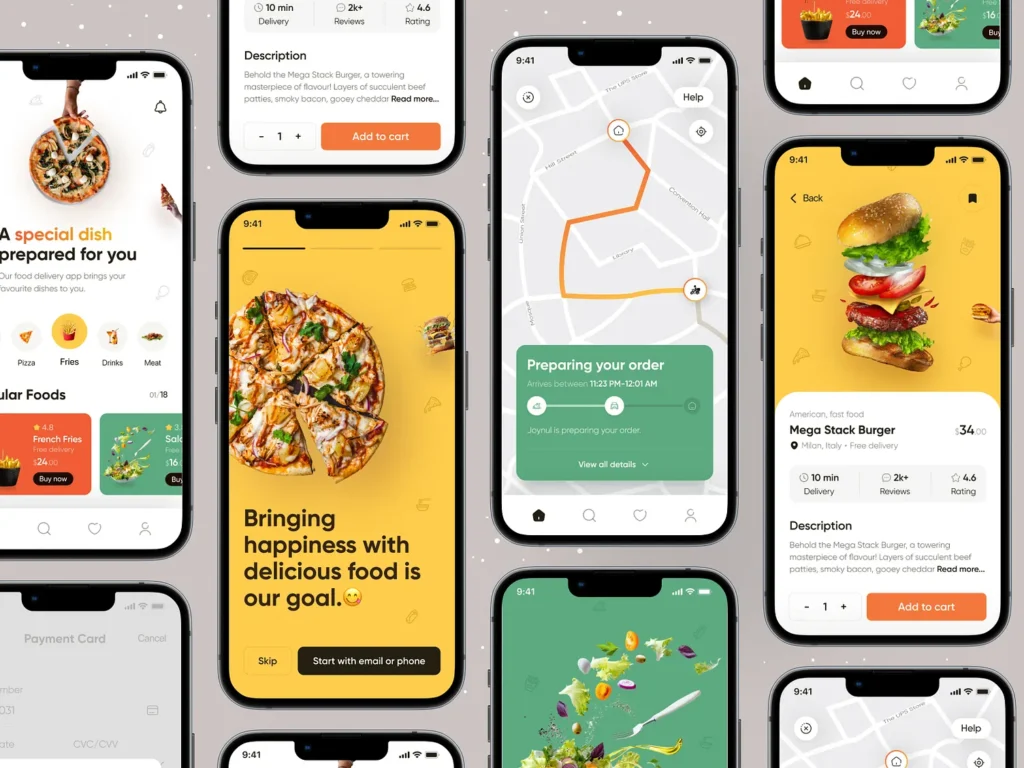
2. Essential Features of a Successful Online Ordering System
Not all online ordering platforms are created equal. To truly double your profits, your system must be optimized for both user experience and back-end efficiency.
Must-Have Features:
- Mobile-Friendly Interface: Most customers order through smartphones.
- Real-Time Menu Updates: Instantly adjust prices, items, and availability.
- Integrated Payment Gateways: Secure, fast, and multiple payment options.
- Loyalty Programs: Encourage repeat customers with rewards.
- Order Customization: Allow special instructions and modifications.
- Data Analytics Dashboard: Monitor performance and optimize your offerings.
Having these features ensures a smooth customer journey, leading to higher satisfaction and repeat orders.
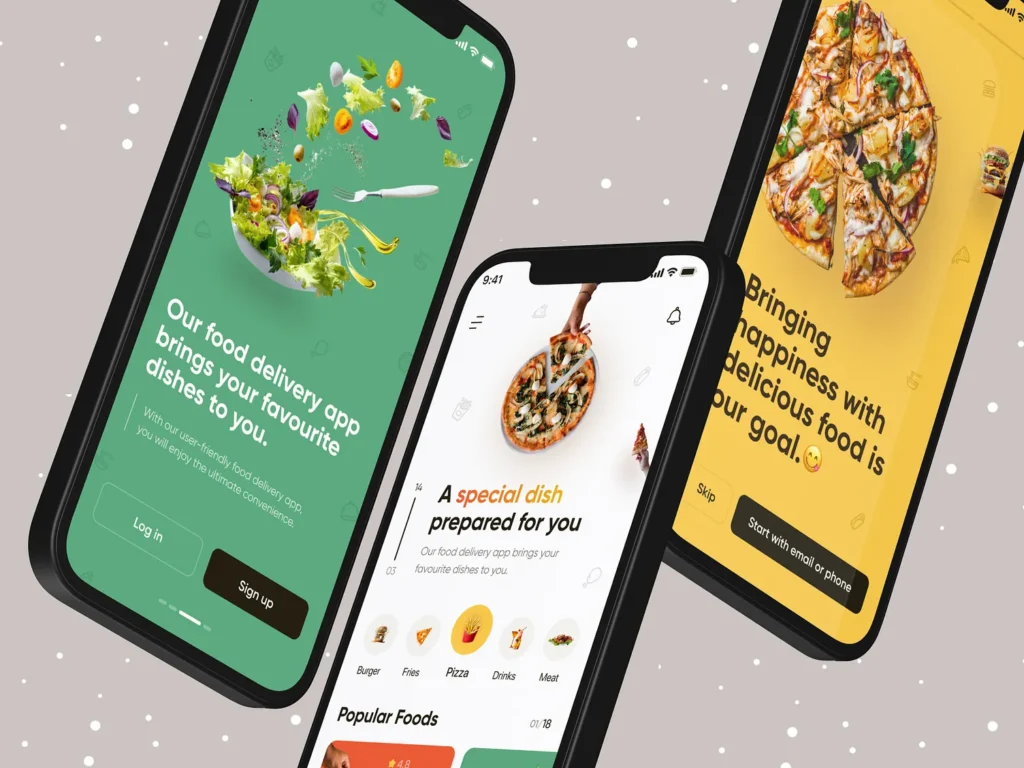
3. How to Implement an Online Ordering System Successfully
Transitioning to online ordering can seem daunting, but breaking it down into clear steps makes the process manageable.
Implementation Roadmap:
- Step 1: Choose the Right Platform (Custom-built vs. SaaS solutions like Toast, Square, or GloriaFood)
- Step 2: Integrate with Your Existing Website (Learn how we can help)
- Step 3: Design a Simple, Attractive Menu
- Step 4: Set Up Secure Payment and Delivery Options
- Step 5: Test Thoroughly Before Launch
- Step 6: Train Staff for Order Management
- Step 7: Promote the New System Aggressively on All Channels
A smooth, well-publicized launch ensures maximum adoption by your customer base.
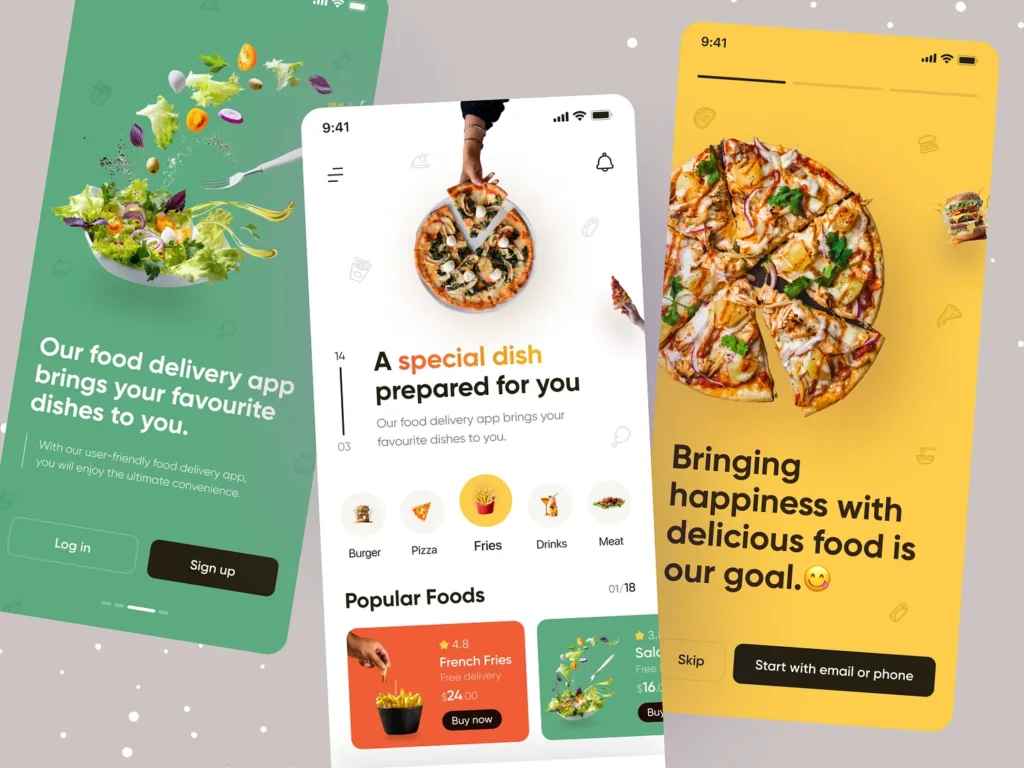
4. Boosting Online Orders Through Smart Marketing
Just having an ordering system is not enough—you must actively promote it.
Effective Strategies:
- Email Campaigns: Inform your existing customers about online ordering.
- Social Media Ads: Target local audiences with special offers.
- Website Popups: Encourage visitors to place orders with first-time discounts.
- SEO Optimization: Rank higher for local search queries like “best online food delivery near me.”
- Google My Business Update: Add ordering links directly to your GMB profile.
Marketing ensures that your investment in the online system translates into consistent revenue growth.
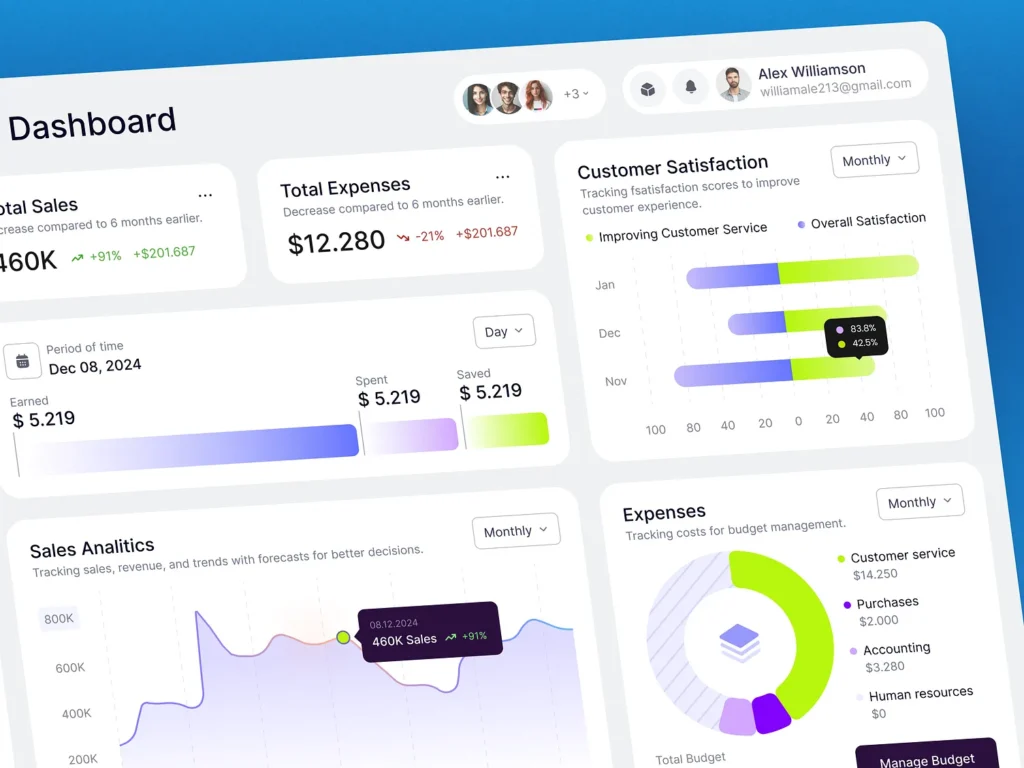
5. Optimizing Menu for Online Sales
Online menus should be designed differently from in-house ones.
Tips for an Effective Online Menu:
- High-Quality Images: Tempt customers visually.
- Clear Descriptions: Highlight ingredients and preparation style.
- Strategic Pricing: Bundle items to increase average ticket size.
- Best Sellers First: Place popular, high-margin dishes at the top.
- Cross-Selling Suggestions: Recommend sides, drinks, and desserts.
A thoughtfully crafted menu directly impacts customer choices and order size.
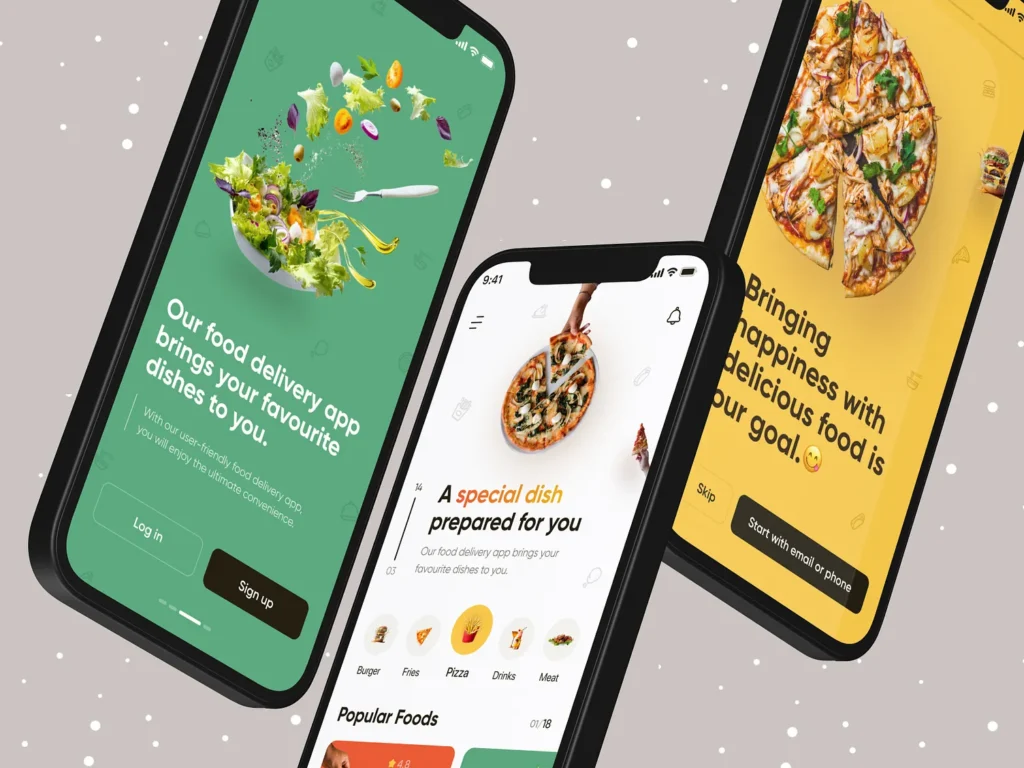
6. Leveraging Customer Data for Growth
Online ordering provides access to valuable customer data, including:
- Purchase history
- Favorite items
- Ordering times
- Feedback and reviews
Use this data to:
- Personalize marketing messages
- Develop loyalty programs
- Adjust menu offerings based on popular demand
- Optimize operational hours based on peak ordering times
Data-driven decisions are key to sustainable profit growth.
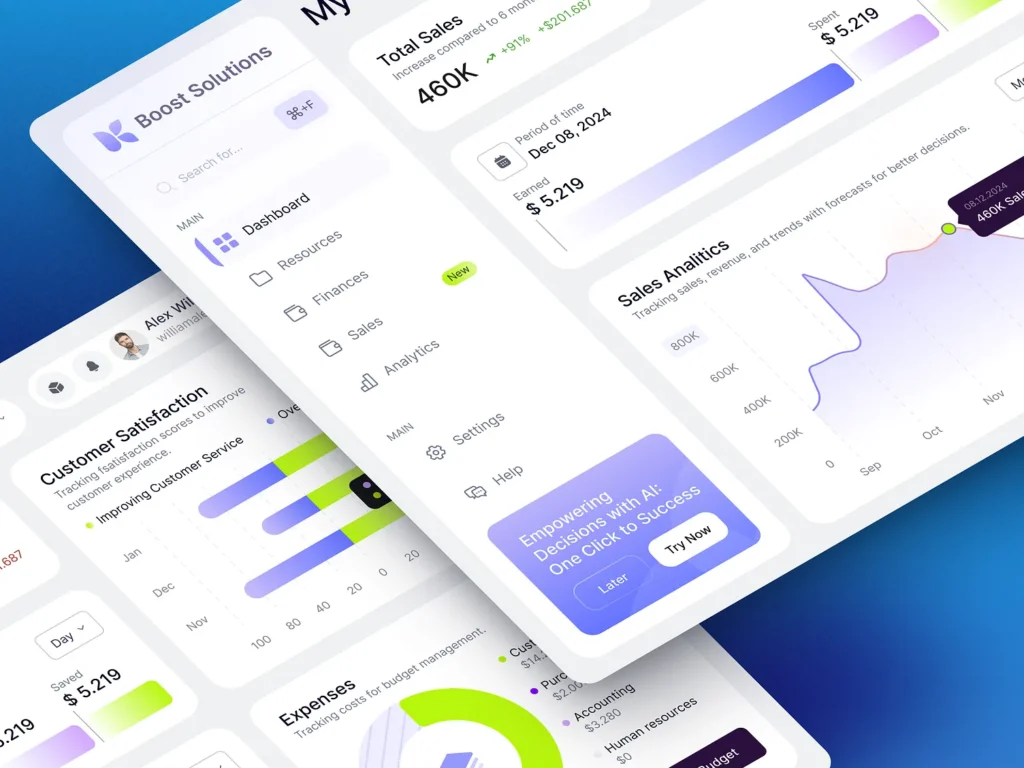
7. Reducing Dependency on Third-Party Apps
While platforms like Uber Eats, DoorDash, and Grubhub can drive orders, their fees (up to 30%) eat heavily into profits.
By promoting direct ordering from your website:
- You retain full profit margins
- You maintain ownership of customer data
- You build direct relationships with your clientele
Encourage customers to “Order Directly and Save” with incentives like free delivery or discounts.
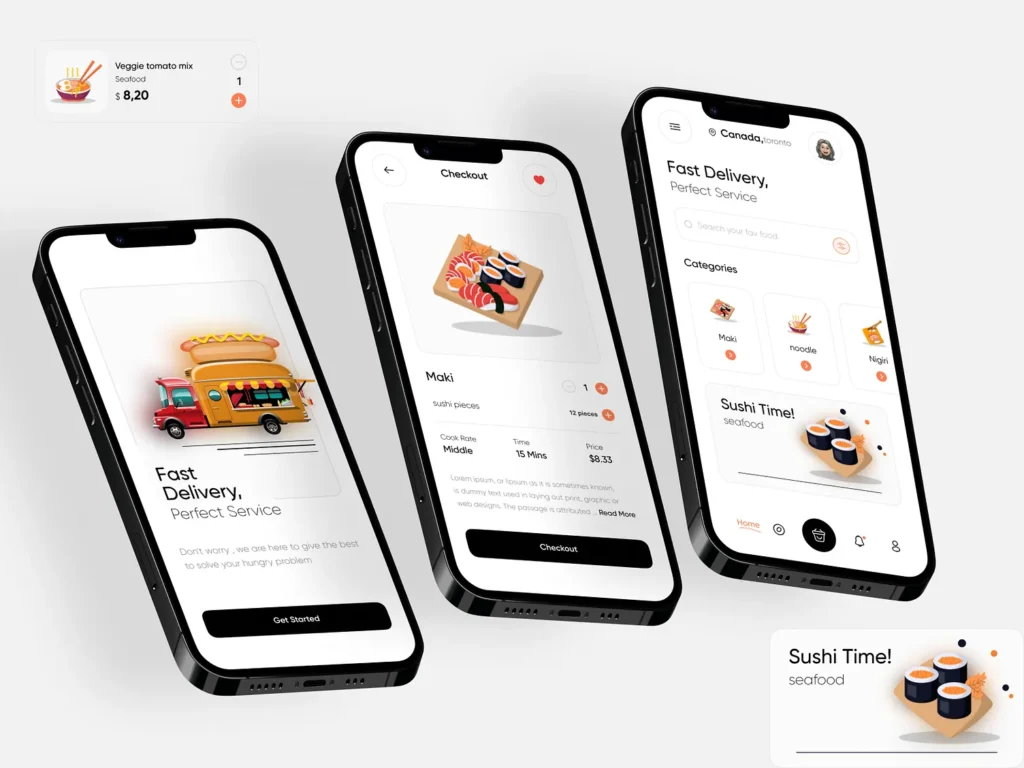
8. Monitoring and Continuous Improvement
A successful online ordering system is dynamic, not static.
Key Metrics to Track:
- Conversion Rates
- Average Order Value
- Customer Retention Rates
- Order Fulfillment Time
- Customer Satisfaction Scores
Regularly analyzing and refining your processes ensures long-term success and growing profitability.

Conclusion: The Future of Restaurant Profitability Lies Online
Implementing an efficient online ordering system can dramatically enhance your restaurant’s profitability in 2025 and beyond. By offering a seamless, user-friendly experience, promoting it actively, optimizing your menu, and leveraging customer data, you can double—or even triple—your restaurant’s revenue.
Are you ready to transform your restaurant’s digital future?
👉 Contact Sevendiz to start building your custom online ordering system today.
FAQ (Frequently Asked Questions)
1. How much does it cost to implement an online ordering system?
Costs vary, but investing in your own platform usually saves money long-term compared to third-party apps.
2. Will online ordering reduce foot traffic?
No, it complements dine-in traffic by capturing additional revenue from takeout and delivery orders.
3. How quickly can I set up an online ordering system?
Typically within a few weeks, depending on customization needs.
4. Do I need a mobile app in addition to a website?
Not necessarily. A mobile-optimized website is often sufficient.
5. What security measures should I implement?
Use SSL certificates, secure payment gateways, and comply with PCI standards.
6. Can I use online ordering only for catering services?
Absolutely. Online platforms are flexible enough to handle regular, catering, or event-specific orders.
7. How can I encourage more customers to order online?
Offer incentives, promote through multiple channels, and make the process as easy as possible.
8. Should I still be on third-party delivery apps?
Yes, but prioritize direct orders through your website for higher profitability.
9. How often should I update my online menu?
Regular updates (monthly or seasonal) keep your offerings fresh and exciting.
10. What if I have multiple restaurant locations?
A multi-location setup can be integrated, allowing customers to select their nearest branch.
